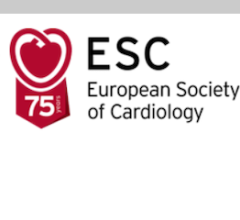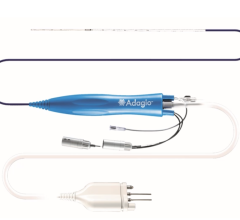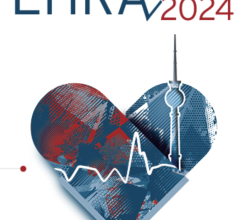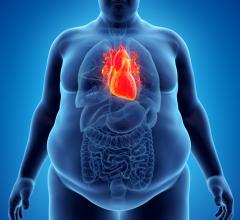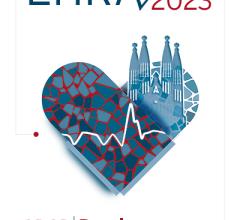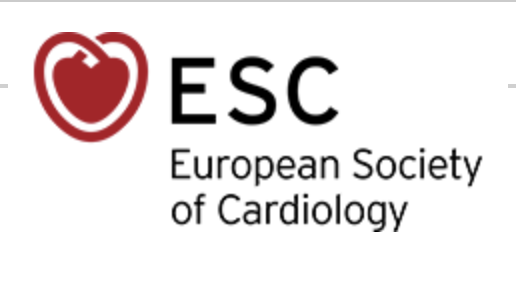
March 31, 2022 — The annual congress of the European Heart Rhythm Association (EHRA), a branch of the ESC, will be held April 3-5 at the Bella Center in Copenhagen, Denmark and online. Explore the scientific program.
Innovative research will be showcased in the scientific abstracts. Discover how to predict mortality in COVID-19 patients and whether body weight influences the return of heart rhythm disorders after treatment. Is there a link between atrial fibrillation and cancer? Find out in the extensive abstract program.
Not to miss: honorary lectures with two pioneers in electrophysiology, Michel Haissaguerre and John Camm.1 Professor Isabelle Van Gelder, scientific chair, said: “Expect to hear what’s on the horizon from these visionary speakers. Professor Haissaguerre developed ablation to treat atrial fibrillation while Professor Camm instigated a paradigm shift in atrial fibrillation therapy towards treating the whole patient including co-existing conditions.”
Atrial fibrillation is the most common heart rhythm disorder and increases the risk of stroke by fivefold.2 Screening for the disorder is controversial and takes centre stage in two sessions with leaders in the field.3,4 Featuring a debate on the pros and cons plus a look into the future use of artificial intelligence (AI) for early detection. “The jury is still out on who to screen, how to screen, and even whether to screen at all,” said Professor Van Gelder. “There are many open questions including the value of smartwatches for monitoring heart rhythm and the potential of AI.”
AI and machine learning are being tested for the prediction of sudden death in patients with heart conditions and the general public – hear up-to-the minute evidence in a dedicated session.5 “The hope is that we can use these techniques to identify from an electrocardiogram (ECG) those at the highest risk of sudden death,” said Professor Van Gelder. “That would help us to select who should receive a defibrillator to prevent an untimely death.”
Also on the agenda in sudden death: a focus on children and young people,6 a glimpse at ESC ventricular tachycardia guidelines set for publication later this year,7 and new insights into the risks during sport.8 Professor Van Gelder said: “I am particularly looking forward to the presentation on sudden death in sportswomen as we have a lot to learn about sex differences. We will also hear the most recent information on genetic susceptibility to sudden death.”
Discover the links between obesity, diet, arrhythmias and sudden death in a session covering both mechanisms and clinical implications.9 “Improving lifestyle is one of our best medicines,” said Professor Van Gelder. “There is increasing evidence that body fat around the heart is able to infiltrate the heart and set the stage for arrhythmias. Adopting good habits is not easy but it is incredibly important for maintaining health.”
Professor Van Gelder pointed out that “atrial fibrillation never comes alone, meaning that almost all patients have co-existing conditions”. She added: “Atrial fibrillation and heart failure are twins. If you suffer from one, you almost always suffer from the other. Collaboration between specialists is essential and during the congress we will learn how AI, wearables and app-based monitoring could help us manage patients with these conditions.”10
Reference:
1Inaugural session and Honorary Lectures.
2Hindricks G, Potpara T, Nikolaos Dagres N, et al. 2020 ESC Guidelines for the diagnosis and management of atrial fibrillation developed in collaboration with the European Association of Cardio-Thoracic Surgery (EACTS). Eur Heart J. 2021;42:373–498.
3Screening for atrial fibrillation - a pro/con debate.
4To screen or not to screen for atrial fibrillation (AF).
5Predicting sudden death with artificial intelligence (AI)/machine-learning (ML).
6Sudden death in children and the young.
7Ventricular tachycardia (VT) guidelines.
8New insights into risk of sudden death during sport.
9Obesity, diet, and cardiac arrhythmias: mechanisms and clinical implications.
10Atrial fibrillation (AF) and heart failure (HF) in the digital era.


 August 29, 2025
August 29, 2025 
